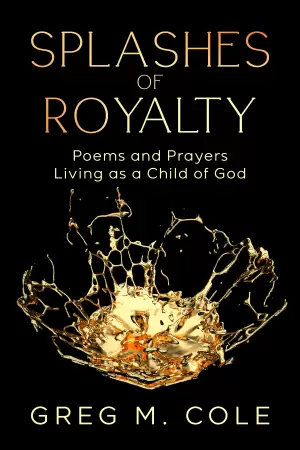Delving into Deimantė’s “Pasaulietė”: A Journey Through Shadows and Light
When I first stumbled upon Deimantė’s Pasaulietė, it was hard to ignore the buzz surrounding it. The stunning cover art, complete with minimalist design and bold typography, instantly caught my eye—kudos to Baltos lankos for consistently raising the bar. But beyond the aesthetics, this book promised a compelling narrative of liberation from the constraints of a former life. Curiosity piqued, I dove in headfirst, prepared for a rollercoaster of emotions.
At its core, Pasaulietė is an unflinching exploration of freedom and familial ties, wrapping these themes within the haunting story of Deimantė’s escape from the Jehovah’s Witness sect. One of the most striking aspects of the narrative is how it reflects not only the individual’s struggle for identity but also the disintegration of familial relationships under the weight of dogma. The intimate portrayal of a disarming family dynamic felt all too relatable to me; the specter of dysfunction is universal, regardless of the setting.
Deimantė’s writing is raw and authentic. She confronts uncomfortable truths without sugarcoating; her willingness to express vulnerability truly resonates. Yet, I couldn’t help but feel that her narrative fluctuated in pace. At moments, I was captivated, swept away by the rhythm of her revelations. However, there were instances when the prose seemed to linger too long, reiterating points without advancing the story. A tighter edit might have tightened the connection for readers.
The book reminded me of Tara Westover’s Educated—the themes of cult influence and familial violence echoing across both texts. Yet, while Deimantė’s tale is undeniably powerful, a deeper exploration of her emotional landscape could have amplified the impact. Though she articulates feelings of isolation and being misunderstood, I yearned for a more profound internal dialogue, something that could truly immerse readers in her emotional turmoil.
One standout feature of Pasaulietė is the cultural references woven throughout. For anyone from my generation, these nuances spark nostalgia and connection, grounding Deimantė’s struggles in a shared reality. It’s those small details that make the narrative feel personal and engaging, allowing readers to invest in her journey.
Despite my critiques, I genuinely appreciated the boldness of Deimantė’s voice and her refusal to shy away from difficult subjects. It’s a commendable act of bravery to recount such personal experiences, especially in a tight-knit community where honesty can feel like a double-edged sword.
In conclusion, Pasaulietė is a must-read for anyone intrigued by the complexities of identity, family dynamics, and the journey toward self-acceptance. While the pacing may waver, the story’s heart remains strong. If you enjoy memoirs that delve into the intricacies of human relationships and the quest for freedom against all odds, then this book will certainly resonate with you. For me, reading Deimantė’s story was not just an escape into another’s reality but a reflective opportunity to examine my own, and for that, I am grateful.
Let’s chat about it further over on Instagram or Facebook! 📕✨












